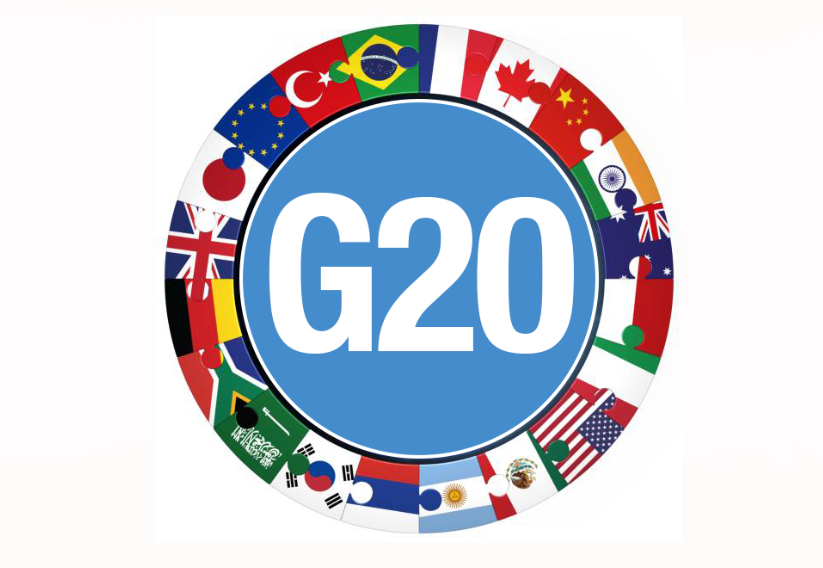Wealth inequality has reached crisis levels globally, threatening democracy, economic stability, and social cohesion, experts have warned ahead of the G20 summit set to take place later this month in Johannesburg, South Africa.
The warning came from a committee led by Nobel Prize-winning economist Joseph Stiglitz, which called for the creation of a Global Panel on Inequality — similar to the United Nations’ Intergovernmental Panel on Climate Change — to study the roots, risks, and policy solutions for rising inequality.
The committee’s report, commissioned by South African President Cyril Ramaphosa as part of his country’s G20 presidency, described the situation as an “inequality emergency,” noting that billions of people are struggling with hunger and poverty while billionaire wealth has surged to historic levels.
“One in four people worldwide now regularly skip meals, whilst billionaire wealth has hit the highest level in history,” the report stated.
Between 2000 and 2024, the richest one per cent of the global population captured 41 per cent of all new wealth, while the poorest 50 per cent received only one per cent, according to the report. It also projected that around $70 trillion in wealth will be inherited by the next generation of wealthy families within the next decade — a trend that could further widen the global wealth gap.
Although income inequality between individuals has declined in recent years — thanks largely to rapid development in countries such as China — the report said the accumulation of inherited wealth and unfair global trade practices continue to undermine equality.
The report sharply criticised recent United States trade policies, including tariffs and protectionist measures, arguing that such policies deepen inequality across the globe.
“This new world, in which the powerful break rules with impunity and we move away from a rules-based international order towards a ‘law of the jungle,’ could entrench unequal exchange, investment, and technology patterns,” it warned.
Stiglitz said inequality now poses as grave a threat as the climate crisis.
“The world understands that we have a climate emergency; it’s time we recognise that we face an inequality emergency too,” he said. “It isn’t just unfair and undermining societal cohesion — it’s a problem for our economy and politics too.”
The report linked economic inequality to declining trust in democratic institutions and the rise of authoritarian tendencies. It found that over 80 per cent of countries now experience “high inequality” as defined by the World Bank — and those countries are seven times more likely to face democratic backsliding.
“Inequality erodes trust in institutions, fuels political polarisation, and reduces participation among poorer citizens and residents,” the report added.
The committee urged the G20 to adopt bold policy measures, including:
- Fair taxation of multinational corporations and ultra-wealthy individuals.
- Breaking up monopolies to restore market competitiveness.
- Stabilising prices to protect low-income households.
- Restructuring debt for highly indebted developing countries.
The proposed International Panel on Inequality would collect data, evaluate policy outcomes, and help governments coordinate strategies to reduce the wealth gap.
South Africa’s President Cyril Ramaphosa welcomed the report, describing it as “a blueprint for greater equality” that his administration intends to champion during its G20 leadership.
“Addressing inequality is our inescapable generational challenge,” he said. “This report lays out prudent and pragmatic steps we can take to reduce it.”
The G20 summit, scheduled for November 22–23, will be the first hosted by an African nation, with South Africa chairing the meeting alongside the African Union and the European Union. Together, G20 economies account for 85 per cent of global GDP, 75 per cent of international trade, and two-thirds of the world’s population.
Former U.S. President Donald Trump, whose trade policies were criticised in the report, has indicated he will not attend the summit. Stiglitz acknowledged that Washington — which is set to hold the G20 presidency next — may not immediately back the inequality panel proposal but expressed hope that “a majority of countries would eventually join in.”
